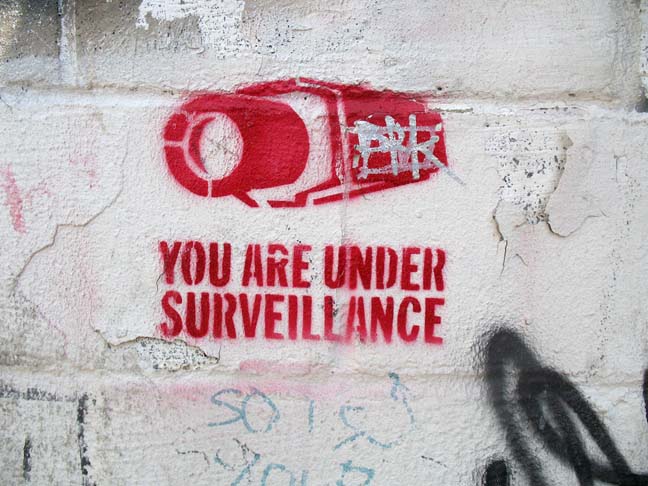
December 11, 2023 at 08:49PM
Two reform bills before Congress propose changes to the government-directed surveillance affecting US businesses. Section 702, set to expire in 2024, permits surveillance without warrant. The pending vote will decide between HR 6570, focusing on civil liberties, and HR 6611, expanding the businesses required to share data with the US.
The meeting notes indicate that the US House of Representatives is expected to conduct a floor vote on two bills that reauthorize Section 702 of the Foreign Intelligence Surveillance Act (FISA). The two bills are HR 6570, the Protect Liberty and End Warrantless Surveillance Act, and HR 6611, the FISA Reform and Reauthorization Act (FRRA) of 2023.
The HR 6570 bill reauthorizes Section 702 with strong civil liberties and privacy provisions and is supported by the civil rights community. On the other hand, the FRRA bill changes the definition of electronic communication service provider (ECSP), potentially expanding the range of businesses required to share data with the US. This expansion has raised concerns among legal experts and civil liberties advocates, as it could have implications for various entities like datacenters, colocation providers, and even hotels.
The pending vote is expected to be conducted under “Queen-of-the-Hill Rules,” and it is important to note that the outcome of this vote will have significant implications for electronic surveillance and civil liberties. It is also highlighted in the notes that the Protect Liberty and End Warrantless Surveillance Act has some support, and outreach to representatives is urged in support of this bill.
Given the meeting notes, it is crucial for the stakeholders to remain updated on the developments regarding these bills and consider appropriate actions to support the Protect Liberty and End Warrantless Surveillance Act while expressing concerns about the potential implications of the FRRA bill.